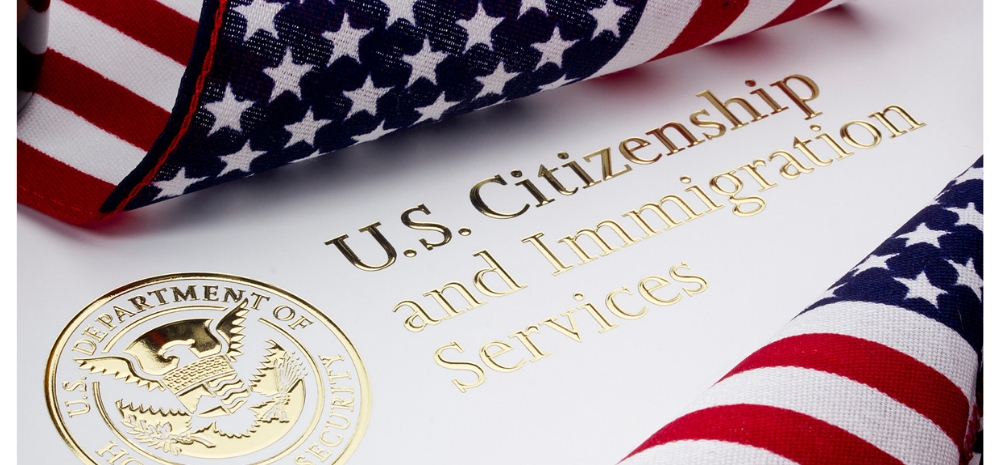The United States Citizenship and Immigration Services (USCIS) is preparing to announce a set of new regulations for H-1B visas, set to be revealed on July 8. These changes are expected to significantly impact both employers and professionals, particularly those from India, who constitute the largest group of H-1B visa recipients.

Proposed Changes and Their Impact
The proposed regulations include introducing a $4,000 fee for extending H-1B visas and a $4,500 fee for extending L-1 visas. These fees align with the 9/11 Response and Biometric Entry-Exit Fee, which currently applies only to initial visa petitions and changes in employers. Initially proposed on October 23 last year, the regulations are now entering a 60-day public commentary phase. Reports suggest that the Biden administration could finalize these rules by the end of the year or after the upcoming election.
Redefining Specialty Occupations
One of the most contentious changes is the redefinition of specialty occupations for H-1B eligibility. The new rules will require job roles to necessitate specific degrees closely tied to the job in the context of directly related specific specialties. This revision echoes a policy from the Trump era, which faced litigation over concerns it excluded numerous skilled international professionals. The redefinition could particularly challenge individuals with business administration degrees, now potentially categorized as holding a ‘general degree’ insufficient for specialty occupation standing.
Financial Implications for Employers
The Department of Homeland Security (DHS) is also considering imposing substantial fees on employers for H-1B and L-1 visa extensions, especially targeting companies with over 50% of their workforce on these visas. This could result in significant financial ramifications for businesses heavily reliant on these visa programs, prompting a reevaluation of their hiring strategies concerning foreign employees.
Impact on Indian Professionals
Indians, who hold the highest count of H-1B visas, are likely to be significantly impacted by these proposed amendments. Indian IT companies, which frequently dispatch software engineering experts to work in the United States, could face increased costs and tighter restrictions on eligible job roles. The alterations could disrupt numerous Indian H-1B visa holders and prospective applicants, affecting thousands who seek to live and work in the US.
Conclusion
The proposed H-1B visa regulations by USCIS could reshape the landscape for employers and professionals, especially those from India. The introduction of new fees and the redefinition of specialty occupations may create new challenges for visa holders and employers alike. As the public commentary period begins, stakeholders will be closely monitoring the developments and preparing for potential changes in the visa landscape.












